The views expressed in our content reflect individual perspectives and do not represent the authoritative views of the Baha'i Faith.
Some years ago, I had the singular experience of living in a small rural community where some folk considered the Baha’i Faith a cult. The Baha’is had a noticeable presence in the community — a booth at the county fair, frequent public events, well-known and respected Baha’i members of the community, an occasionally-epic annual Martin Luther King celebration, a racial unity group, and even a few members who regularly wrote letters to the editor of the newspaper, defending the Faith from attacks by well-meaning Christians.
Several of the local churches sponsored “Cult Nights” at which the pastor or a guest speaker would present the audience with a thumbnail sketch of a cult. Only one of them thought to invite cult members to the presentations. When this pastor — I’ll call him “Daniel” — held a three-week series on the Baha’i Faith, he invited the local Baha’is to attend. About a half-dozen of us did.
We had an exhilarating experience, and a fascinating dialogue. At the first meeting, Daniel looked out at the audience of about thirty or forty people and asked “Are there any Baha’is here?” We all raised our hands and he paled. He had clearly not expected us to actually show up. He was nervous throughout the presentation, but very courteously asked for us to weigh in if he said something inaccurate.
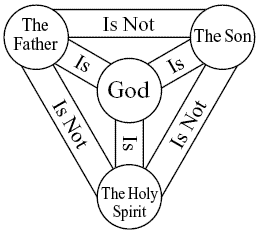
So I found myself in front of his white board, and his congregation, explaining the Baha’i concepts of progressive revelation, salvation, and what has become known as the Trinity.
After the first session, Pastor Dan presented me with a series of questions:
- The Bible tells us Christ—and therefore God—is the same yesterday, today, and tomorrow. Doesn’t the concept of progressive revelation mean God changes?
- If there was a set dispensation for the Faith of Christ, why do the scriptures command us to “go and make disciples of all nations, teaching them to observe all things that Christ commanded?” (Mt. 28:19, 20)
- Most Christians believe the prophecy of the coming of the Spirit of Truth fulfilled at Pentecost when the Holy Spirit was poured out upon the disciples causing even those of different lands to understand their words. Why don’t Baha’is believe this event fulfilled that prophecy?
- Wasn’t the message the disciples delivered to their audiences about the blood atonement and the resurrection?
- If the agent of our salvation is not the blood of Christ, what is it?
- How can you tell someone is saved? And if our “works” contribute to our salvation, how can we know how many commandments must be obeyed in order to be saved?
- Doesn’t this focus on the Word of God mean Baha’is aren’t looking to the Person of Christ?
- How do you respond to the accusation that Baha’u’llah is a false prophet?
- Doesn’t the Bible teach a physical Resurrection?
- Do Baha’is accept Church doctrine as set in the Church Councils?
These questions cut straight to the heart of what had sent me out, at the age of eighteen, searching for Christ and Christianity. A series of fortunate events in childhood led me to ask impertinent questions about Christian theology such as, Why did God stop talking to us? and Why would a child from one Christian church have to confess a sin for going into another Christian church?
The list of questions brought into focus the divergence between the church doctrines I had been raised with and Christ’s teachings — teachings I love and returned to repeatedly as I investigated the teachings of Baha’u’llah.
I hope you’ll come along as, in this series of articles, I attempt to answer Pastor Dan’s questions.
Read the next article in the series: The Changeless Faith of God?


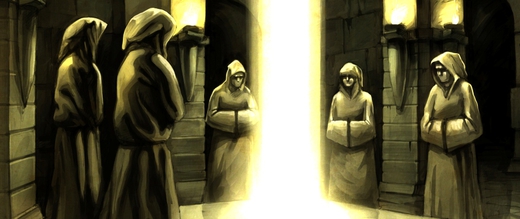




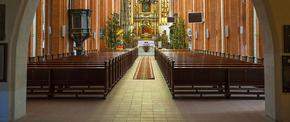
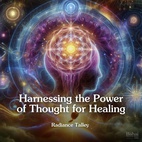

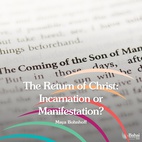






Comments
Sign in or create an account
Continue with Facebookor